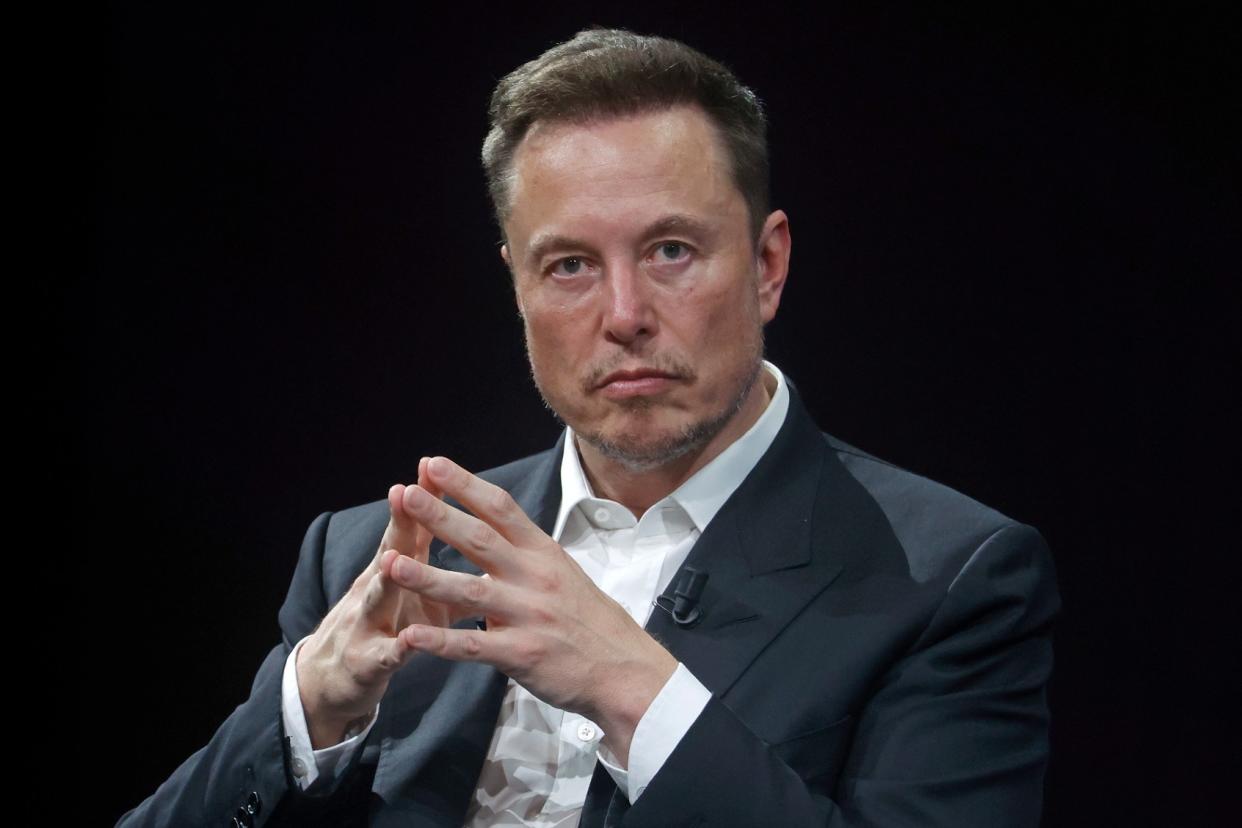"What's going on here is absurd": Lawyer says Texas SpaceX ruling threatens labor enforcement

A federal court in Texas granted SpaceX a preliminary injunction in its case against the National Labor Relations Board, suggesting the company’s argument that the labor rights agency didn’t have the right to prevent its agents from being taken off cases without good cause would succeed.
The move is a blow to the regulatory power the NLRB wields to use administrative law judges to adjudicate labor disputes, granting SpaceX an injunction and temporarily halting a case alleging that the company forced employees into unlawful severance agreements.
U.S. Western District of Texas judge Alan Albright wrote in a Tuesday ruling he was ”satisfied that SpaceX has demonstrated a substantial likelihood of success” on its argument that “NLRB Members are unconstitutionally protected from removal.”
Following the Supreme Court’s ruling that the Chevron doctrine, which empowered federal agencies to interpret laws to operate without explicit authorization, cases in multiple jurisdictions have sought to cripple regulatory bodies like the NLRB. In a separate case, the Supreme Court struck at the SEC’s ability to pursue civil fraud penalties with its own administrative courts, a ruling that dissenting Justice Sonia Sotomayor called a “power grab.”
“What's going on here is absurd,” civil rights lawyer Joshua Erlich wrote in a post to Bluesky. “SpaceX is arguing that the NLRB has, for the last 89 YEARS, been operating unconstitutionally; that the NLRB was never legal to begin with.”
SpaceX CEO Elon Musk, who previously engaged in union-busting at Tesla, has publicly derided the National Labor Relations Board and its worker protections in the past.
“I disagree with the idea of unions … I just don’t like anything which creates a lords and peasants sort of thing,” Musk said last year, per the Guardian.
Across the country, restaurant chain Portillo’s filed a complaint in Illinois claiming that the NLRB was operating unconstitutionally, citing a similar argument that its agents and judges were protected from removal unconstitutionally.

